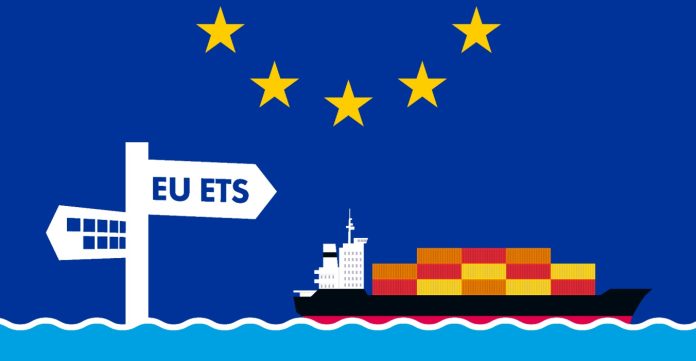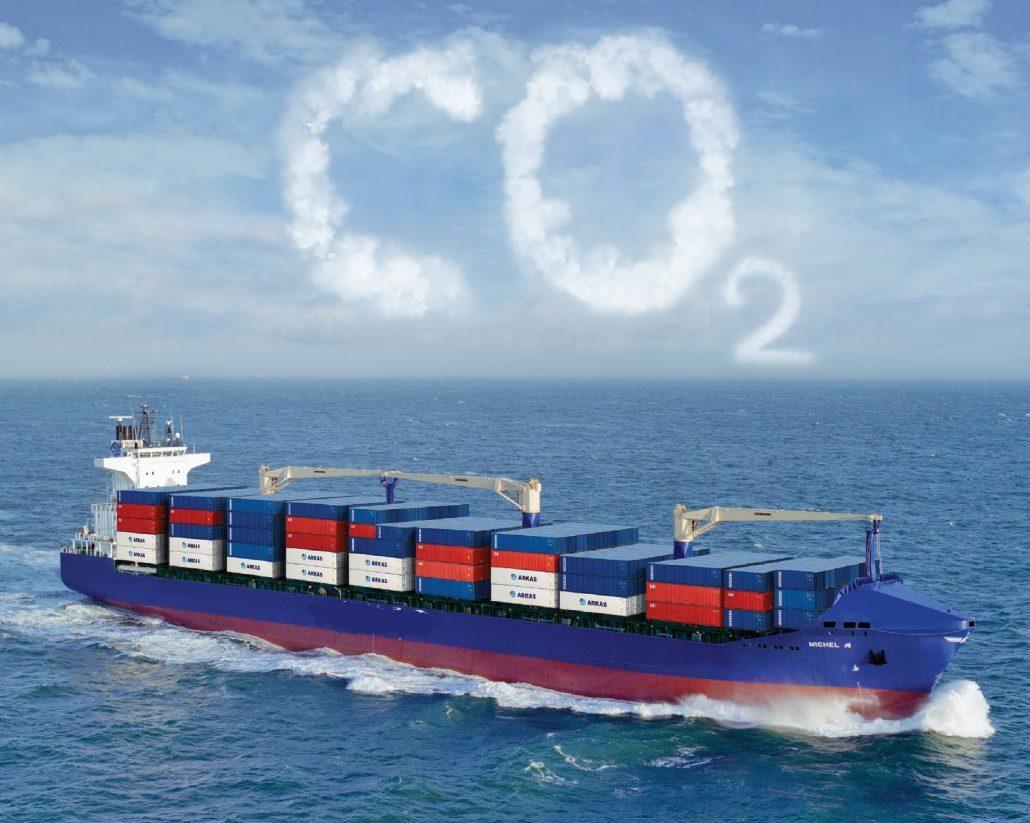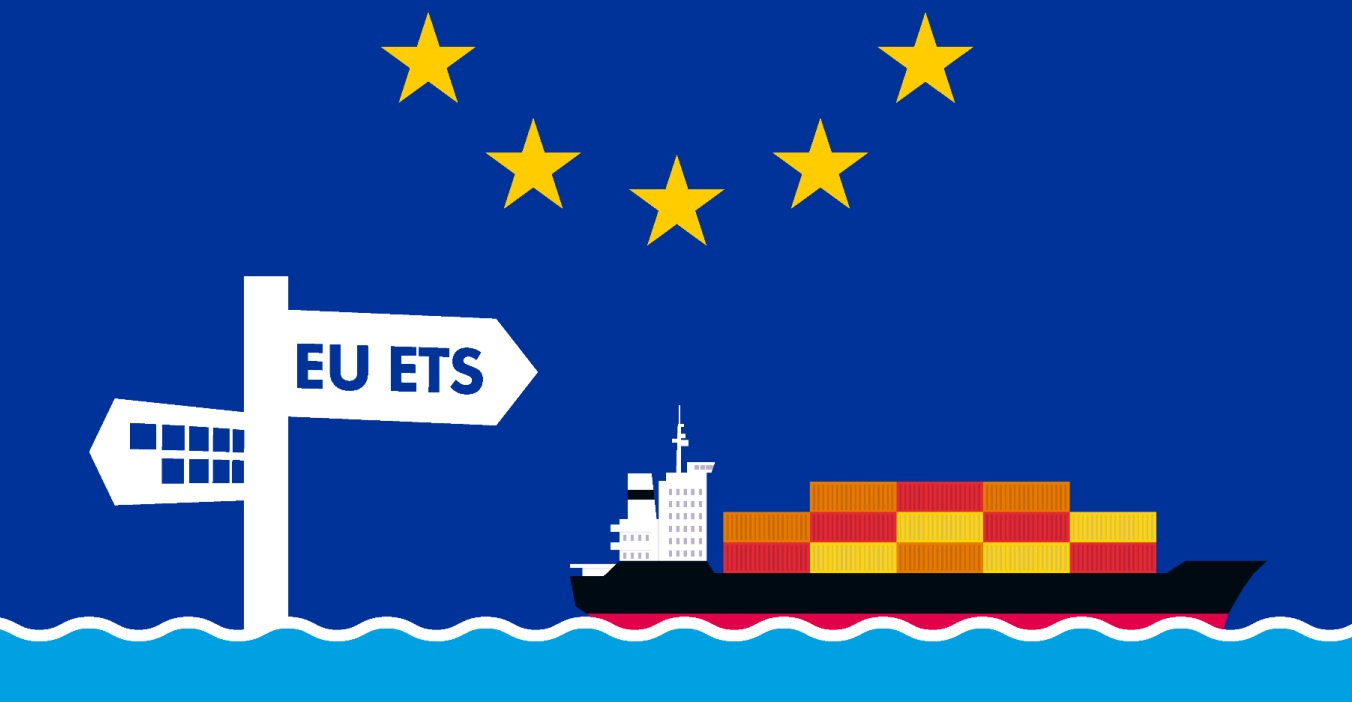
(www.MaritimeCyprus.com) In January 2024, the EU's Emissions Trading System (EU ETS) will be extended to cover CO2 emissions from all large ships (of 5,000 gross tonnage and above) entering EU ports, regardless of the flag they fly.
This legislation, in part, sets out which party would ultimately be responsible for the payment (or nonpayment) of emission allowances. At that time, it placed that responsibility squarely at the feet of the Document of Compliance (DOC) holder. This was a crazy proposition, considering the manager has no control over the commercial operation of the ship, and it did not follow the usual principle that the polluter pays. A failure to comply could result in fines (EUR 100 per tonne), detention or, at worst, the blacklisting of an
entire fleet from EU waters.
Thankfully, the position has changed and the legislation now being considered states that the responsible entity will be the registered shipowner.
The shipowner will then be able to transfer responsibility to the DOC holder or a bareboat
charterer by a written agreement.
ITIC is on the BIMCO drafting subcommittee of the new version of SHIPMAN, which is planned to be published early next year. Much of the subcommittee's work to date has been spent on a new ETS clause (which, at the time of writing this article, had not been finished,
but is hoped to be approved and released before the ETS deadline of 1st January 2024).

There are three scenarios which are envisaged.
In the first, the shipowner remains the responsible entity for the surrender of the emission allowances. It is likely that larger shipowners who have the ability and the capacity will want to keep the responsibility within their control. However, the manager will remain crucial to the owner as they have to provide the emission data to the owner so they can calculate and surrender the allowances.
In the second scenario, the owner retains responsibility but engages the ship manager on a consultancy basis to collect the emission data, arrange for it to be submitted and range for the payment of the allowances.
The third scenario is where the owner transfers the responsibility to the manager by a strict written mandate. Amongst the requirements for the mandate are that it must be an original signed by both the shipowner and the organisation assuming responsibility for compliance, or if a copy is provided, it must be certified as a true copy. This scenario is the riskiest for the manager as the credit risk will be significant. Many owners will not want to pay the manager in advance, but only on actual emissions and paid for in arrears. If this is agreed upon, the contract must be explicit on the financial security for the manager. This could be a cash deposit or issued as a number of allowances to be held on account (such as 45 days of allowances for the ship at full steaming).
ITIC's advice at this time is that if ship managers are not totally satisfied they have adequate financial security, they should not agree to be the responsible entity and only agree to assist the owner in their compliance with the scheme. The credit risk and penalties for noncompliance are just too onerous.
Source: Mr Robert Hodge, ITIC













